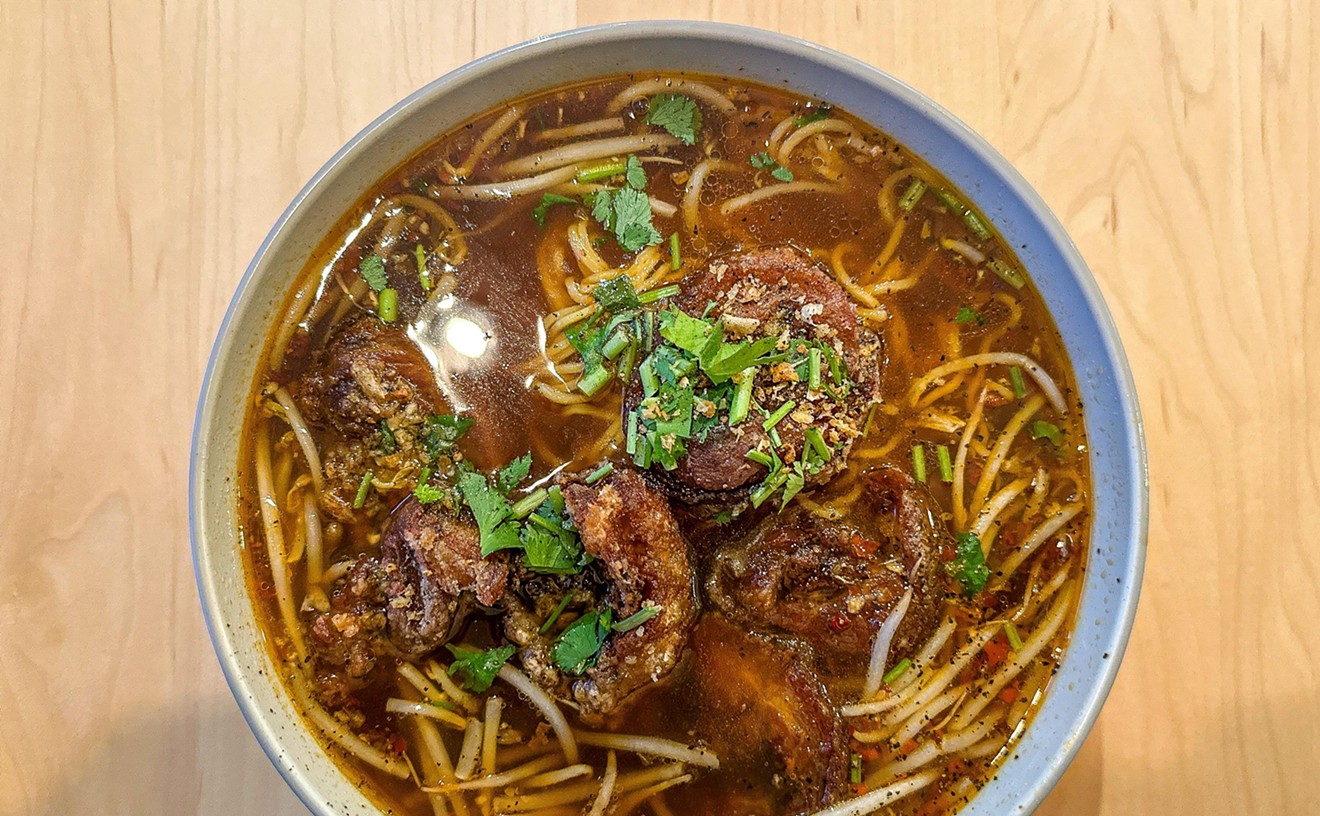Meatingplace is a trade publication for, you guessed it, the meat industry. NPR reported last week that the magazine's most recent cover screamed in bright pink "SLIMED," followed by the subhead "What the hell happened."
In her article, April Fulton at NPR outlined what four editors of Meatingplace contend caused the LFTB (lean finely textured beef, aka pink slime) industry to self-implode: Social media sparked a spread of half-truths from non-experts, the name is unappealing, the pictures of the supposed slime didn't do it any favors and the USDA didn't fight back quick enough or tough enough in social media. All this in a time when the public is highly skeptic of corporate deception.
I think there's comfort in hanging your hat on any of those pegs if you work in the meat industry.
Social media does spread half-truths, as does my pain-in-the-ass neighbor. But social media can also spark revolutions. While the Internet floats fallacies, it also opens the door for more research. Truth is, if you're trying to hide, the Internet is an extremely small world. And if insider leaks are going to hurt your business, prepare to take a punch.
The editors of Meatingplace went on to suggest that the meat industry open their process and steer away from their historically private practices. Because "consumers think the meat companies are hiding something."
I think we all just figured out they actually were.
One thing not often being defended in the aftermath of the pink slime fiasco is pink slime itself. Maybe the USDA didn't fight back because they were painted in a corner. No one seems to be arguing the point that it's a cheaper product made with undesirable parts that is mixed into beef to lower the cost for the producer -- while technically overcharging the consumer 15 percent.
Which I think is the biggest issue. People feel they were bamboozled.
Raoul Baxter, former Smithfield Foods executive and 30-year industry veteran, in a story on Meatingplace.com, pointed the finger at an irrational world where it isn't easy to "find facts and to verify basic truths."
Just before that he remarked that the meat and livestock industry are taking "more arrows than Custer did at Wounded Knee." Which is literally a perfect case in point, as a commenter pointed out, because Custer fought and died at the Battle of the Little Bighorn. The "Wounded Knee Massacre" was a full 14 years after Custer's death.
Trivial points. The real issue, Raoul Baxter blogs, is that "a lot of people writing blogs and writing articles who know as much about agriculture as a pig does about Sunday School. We have to confront them at every turn. With boring facts and open honesty - but that is the only way."
So while he too admits the industry has to be more open, at the same time he depreciates consumer (and blogger) demands for honesty.
Baxter's biggest point is that the industry does what it has to do to make things affordable. Which is probably fine (for those who chose to eat it). Just tell us the beef is mixed with crap. Heck, we eat hotdogs all the time. But we do it knowingly. Not blindly as a result of being fed partial-truths from the meat industry.
There's an obvious disconnect. A lot of meat industry executives seem out of touch with the meat buying public. No one wants to be bamboozled. If you put crap in the food, that might be all right, just be honest about it. Label it. Because if we find out on the flip side, we'll continue to be skeptic. And you'll have to continue to supply us with boring facts and open honesty.











